Researchers have been exploring the phenomenon of the Mandela effect, a collective false memory where groups of people recall events or details differently than what is recorded in history. A recent study found that 55% of Americans believe the Fruit of the Loom logo features a cornucopia, despite the logo actually depicting a pair of fruit. This misremembered detail is just one example of the Mandela effect, where people's memories of everyday objects and events can be at odds with reality.
According to Amelia Tait, a writer for MIT Technology Review, the Mandela effect is a symptom of a larger issue - the blurring of lines between fact and fiction in the digital age. "The internet has created a culture where people can easily share and spread misinformation, which can then become embedded in our collective memory," Tait explained. "This can be particularly problematic when it comes to scientific and historical facts, which are often based on evidence and empirical research."
The Mandela effect is not the only phenomenon that has been gaining attention in recent years. The lack of a vaccine for the common cold has been a long-standing issue in the medical community. According to Dr. Anthony Fauci, director of the National Institute of Allergy and Infectious Diseases, the reason for this is that the common cold is caused by over 200 different viruses, making it difficult to develop a single vaccine that can protect against all of them. "We have been working on developing a vaccine for the common cold for decades, but it's a challenging task due to the sheer number of viruses involved," Fauci said.
Despite the challenges, researchers are making progress in developing new treatments for the common cold. One promising area of research is the use of mRNA technology, which has been shown to be effective in developing vaccines for other diseases such as COVID-19. "We are optimistic that mRNA technology could hold the key to developing a vaccine for the common cold," said Dr. Sarah Long, a researcher at the University of Pennsylvania. "However, more research is needed to determine the efficacy and safety of these vaccines."
The development of a vaccine for the common cold is not just a scientific challenge, but also an economic one. According to a report by the Centers for Disease Control and Prevention, the common cold costs the US economy an estimated $40 billion annually in lost productivity and healthcare costs. "A vaccine for the common cold could have a significant impact on public health and the economy," said Dr. Fauci. "We are committed to continuing our research in this area and exploring new technologies that could help us develop an effective vaccine."
In the meantime, researchers are continuing to study the Mandela effect and its implications for our understanding of memory and perception. As Tait noted, "The Mandela effect is a reminder that our memories are not always reliable, and that we need to be critical thinkers in order to separate fact from fiction."
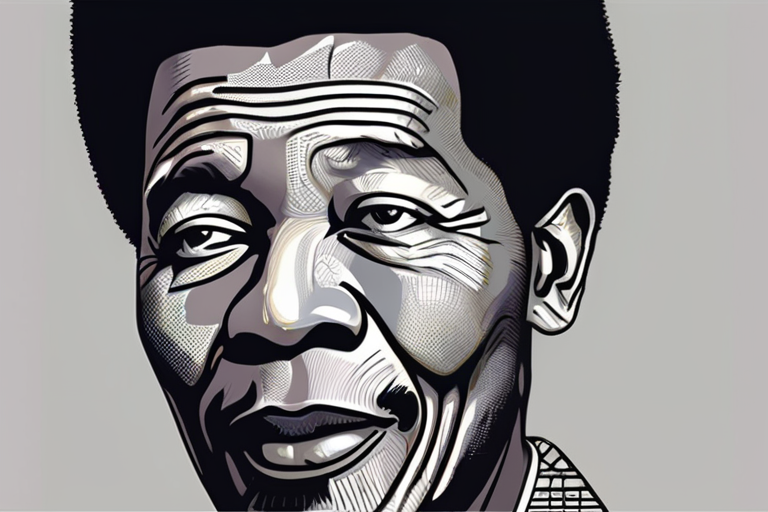



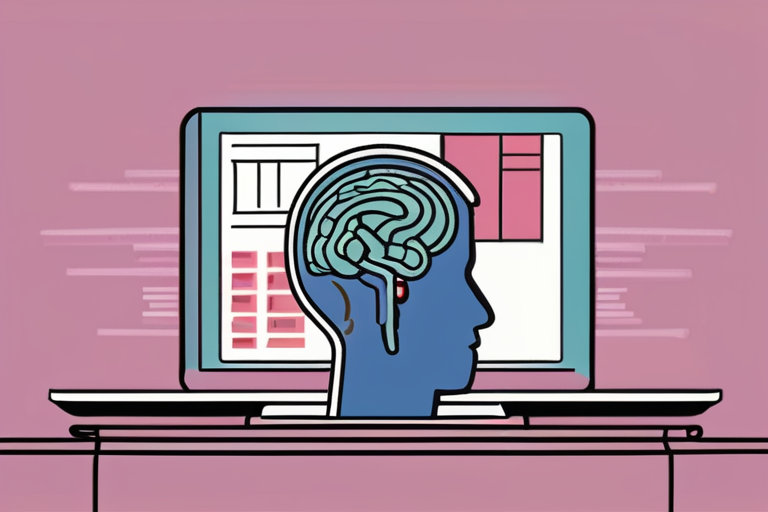
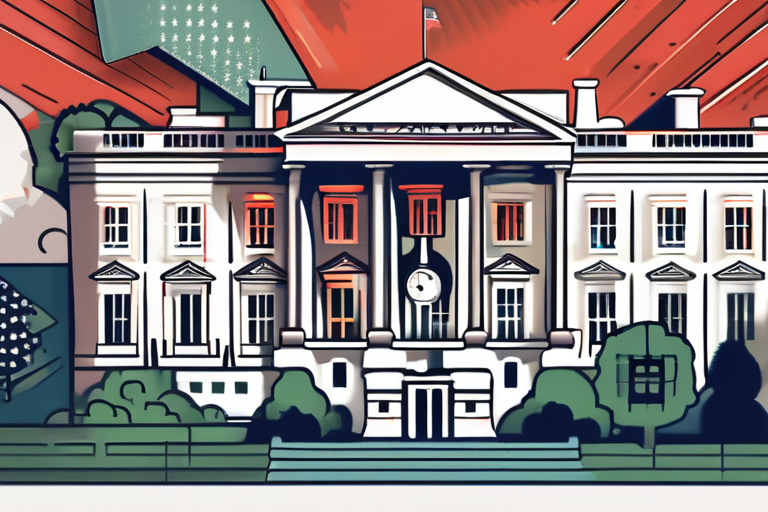
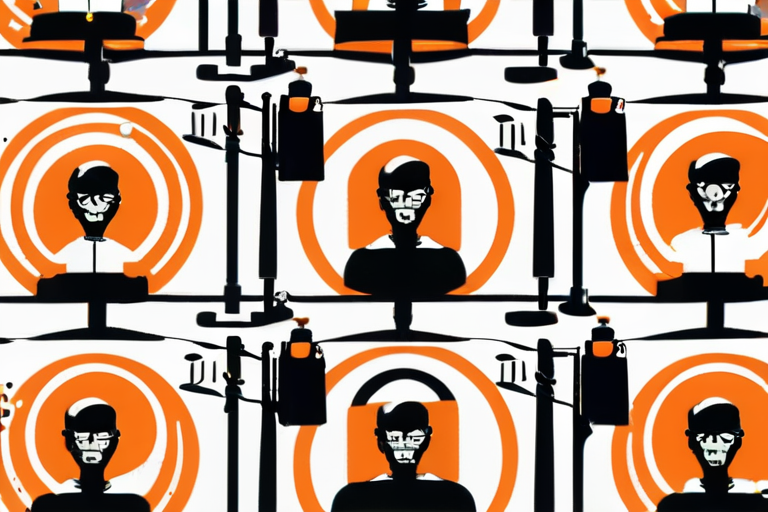

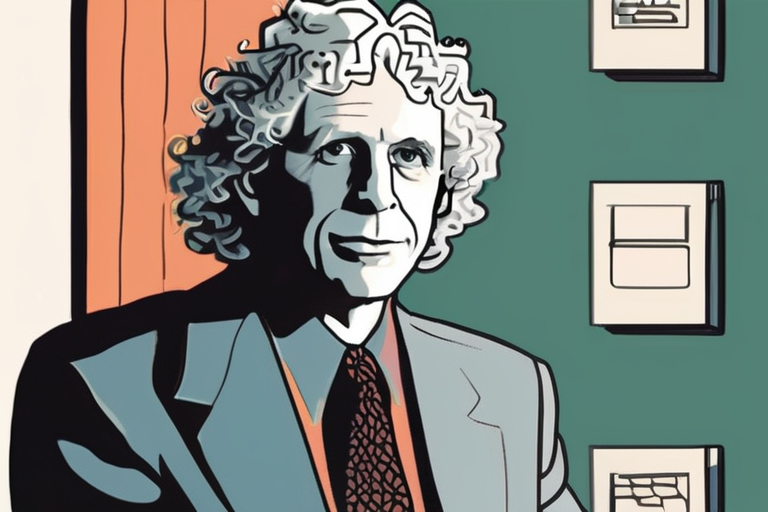
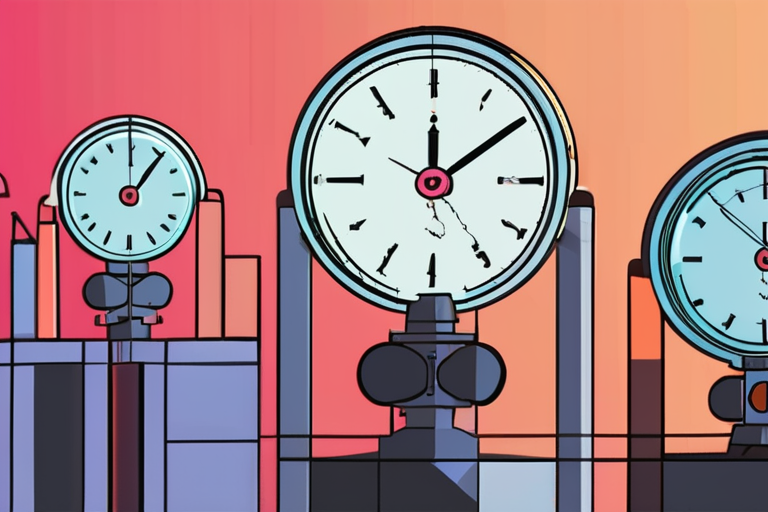


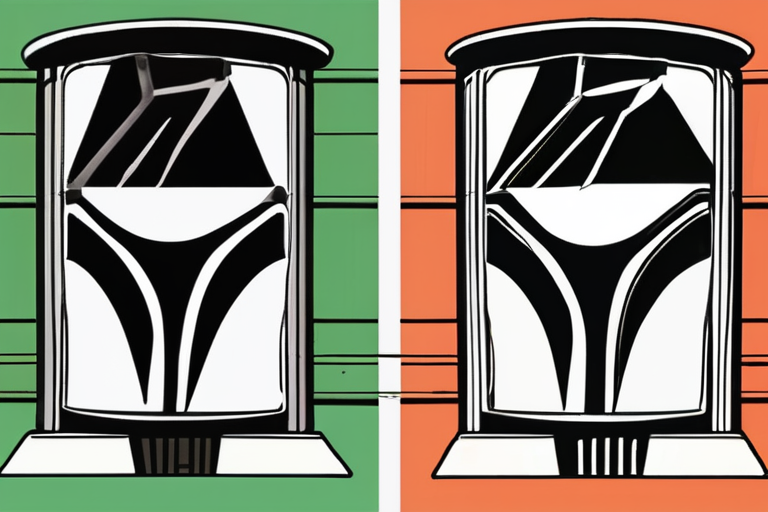

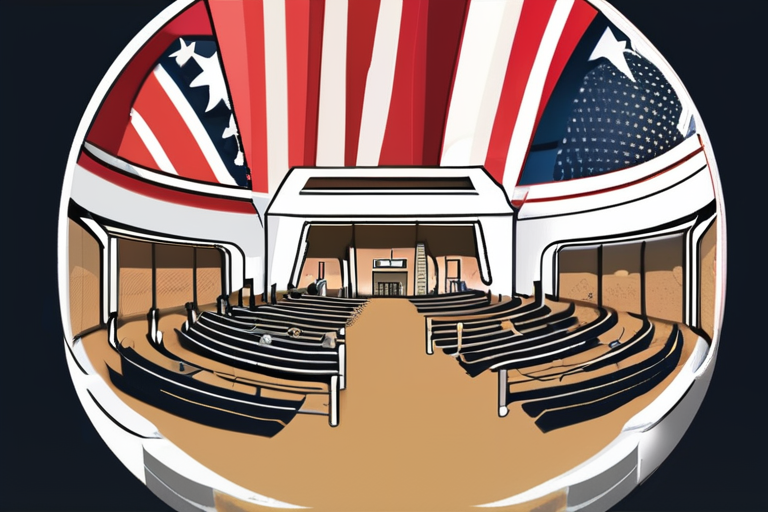

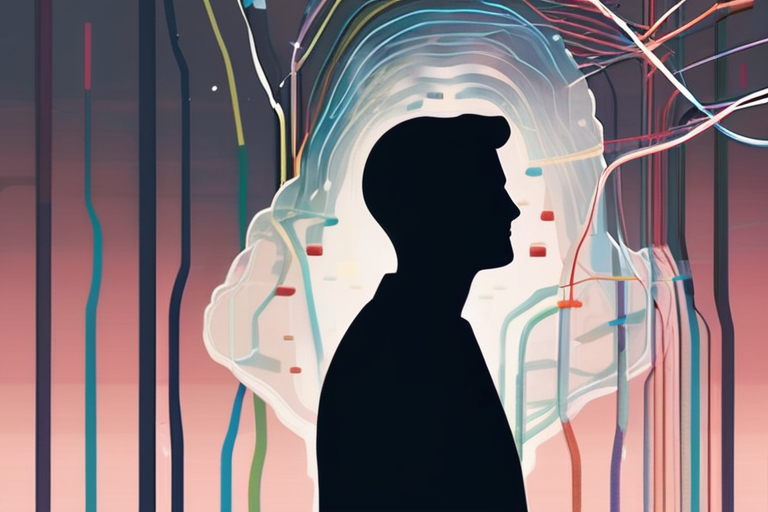

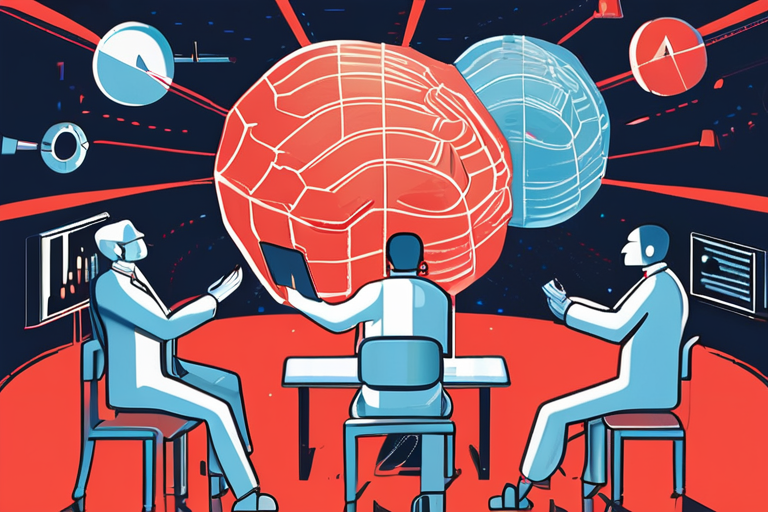
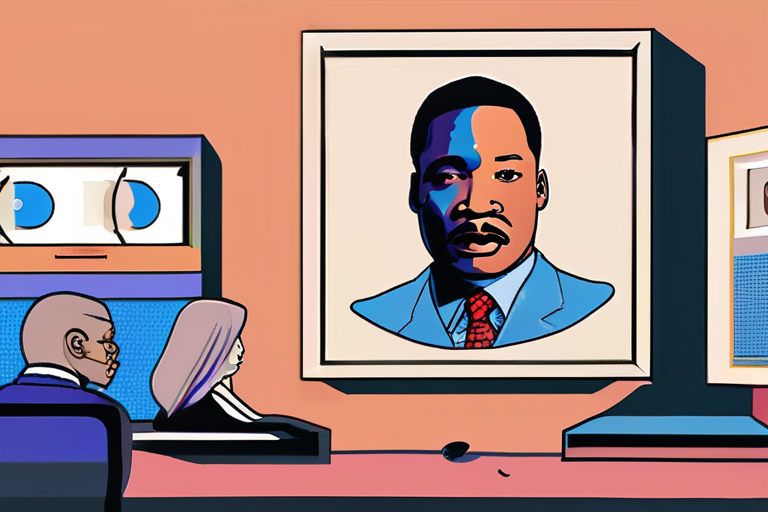
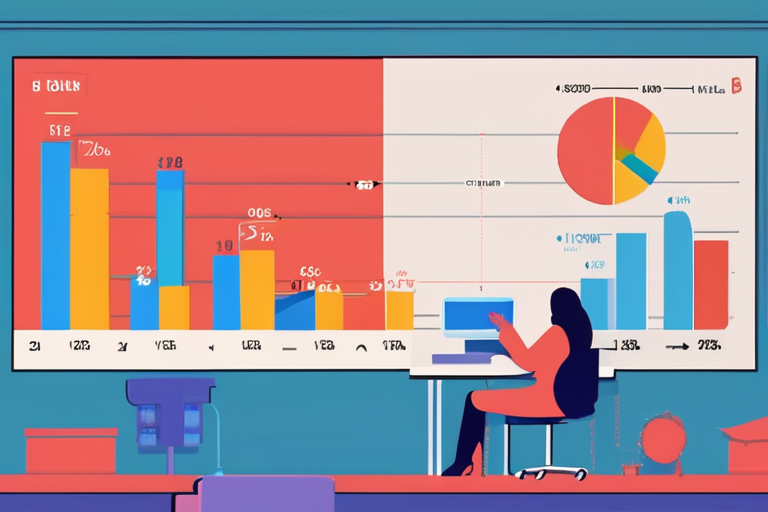
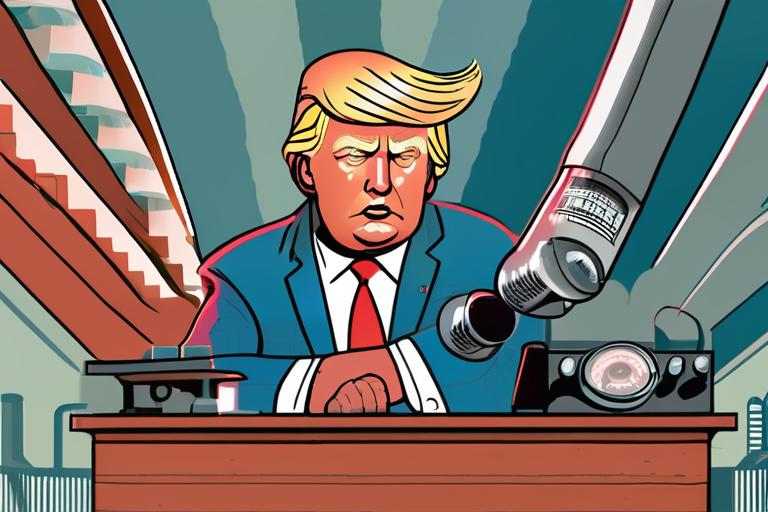
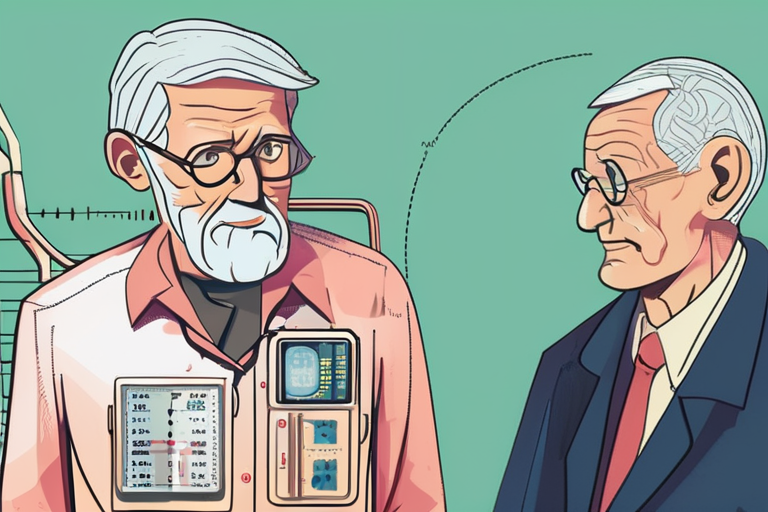
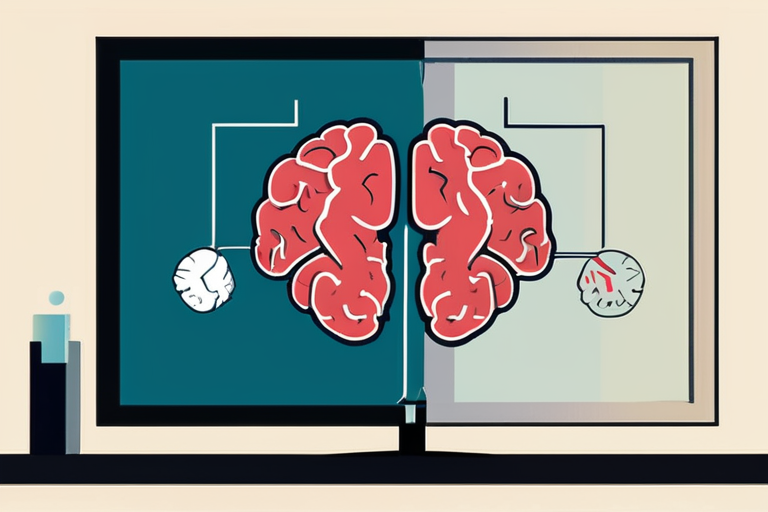
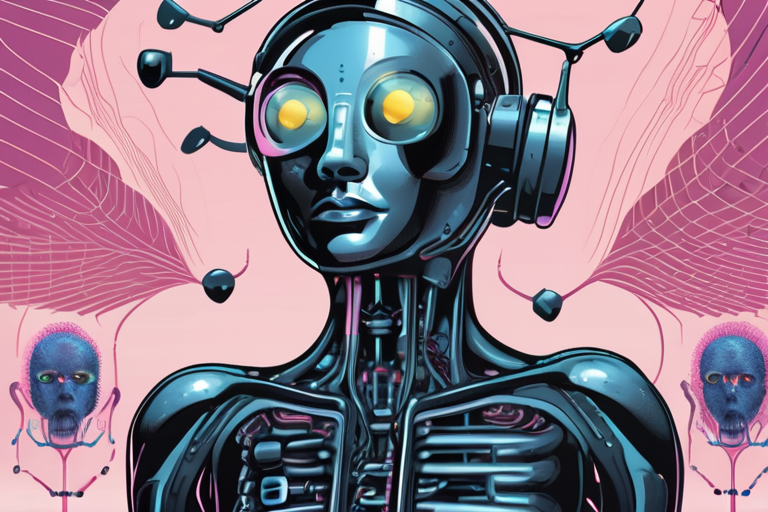
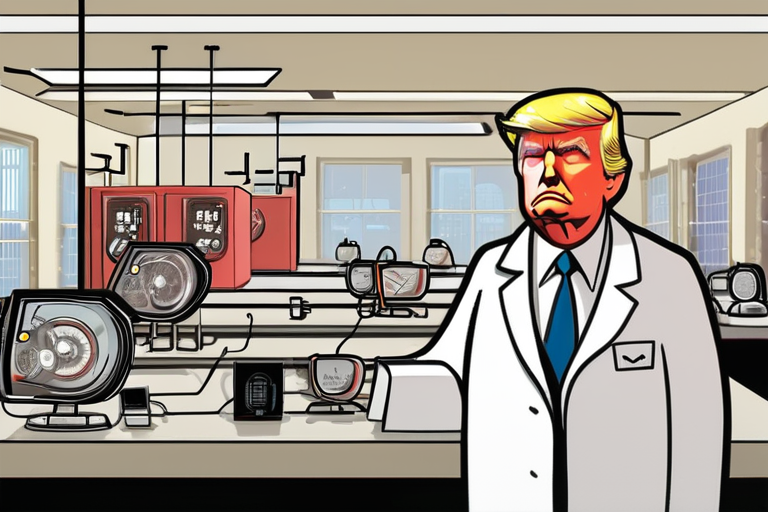
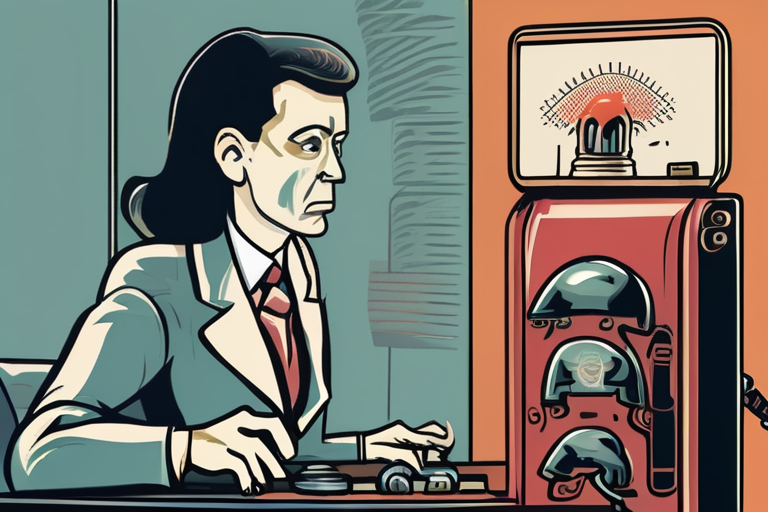
Share & Engage Share
Share this article